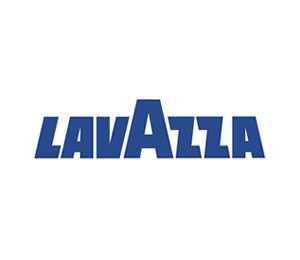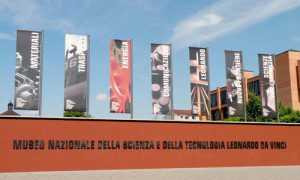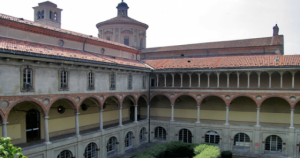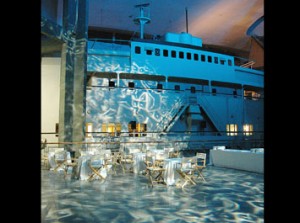Share your coffee stories with us by writing to info@comunicaffe.com.
MILAN – Lavazza, Arper and 2B have recently offered their contribution to the realisation of the renovated exhibition section “Da cosa nasce cosa. Il ciclo di vita dei prodotti” (“One thing leads to another. The life cycle of products”) of the Museo Nazionale della Scienza e della Tecnologia “Leonardo da Vinci”.
In this section, the life of products is narrated through interactive activities, games and videos.
Lavazza and Arper both participate with a case study of one of their products, investigating their life cycle from raw materials to disposal, through the phases of manufacturing, distribution and use. 2B has offered its support for the application of the LCA methodology to the two proposed case studies, assuring the observance of ISO standards that regulate LCA (Life Cycle Assessment).
Lavazza presents the life cycle of the “A Modo Mio” system, used for making one cup of espresso coffee at home.
This is a complex production chain, monitored by Lavazza beyond its company boundaries, in order to guarantee efficiency and quality along a journey that involves many players located in different countries.
Therefore, this flow groups different cycles together: raw coffee, packaging and capsules, production plant and coffee machine.
With regards to the environmental impacts of one cup of coffee, Lavazza takes into account a wellstructured diversification and heterogeneous variety of the processes involved: from the cultivation techniques of green coffee, through the harvesting and the following stages in the countries of origin (grading, washing, depulping, drying, stripping, polishing and separation of the beans), until the production processes which take place at the Lavazza factories in Italy (roasting, grinding, degasification, packing), packaging, transport of raw materials and of the finished product, the production of the coffee machine, the energy consumption for making the espresso, the disposal of the product in its entirety (including waste coffee, capsules and coffee machine) along all the production phases.
Arper presents the two-tone Catifa 46 chair with 4 legs, which has obtained the EPD ecological label (Environmental Product Declaration), that requires the implementation of an LCA study in order to evaluate the environmental performance of the product.
The analysis of the life cycle of Catifa 46 includes the chair and its packaging. The LCA of the chair takes into account the production phases of the chair body and the 4 legs, including components and raw materials, along with transport and manufacturing processes.
After that, come the distribution of the chair and its use phase, for instance, the cleaning over the years is considered, until the disposal of the chair. The life cycle of packaging, from raw materials to disposal, is also included in the analysis. In both cases, for each phase taken into consideration, the analysis has examined all input resources and output emissions to air, water and soil, and has translated them into environmental impacts (eg. carbon footprint or water footprint).
Lavazza and Arper apply the LCA methodology in order to measure the environmental impacts of their products and avail themselves of a scientific tool in order to guide their ecodesign activities, through choices which take into account the entire production system.
Moreover, for both companies, this approach represents an opportunity to extend environmental awareness to all the players along the supply chain and to promote a shared commitment for the development of improved solutions.
The European Commission believes the LCA (Life Cycle Assessment) methodology to be the best presently available tool for the evaluation of potential environmental impacts of products.
Lavazza, established in Turin in 1895, has been owned by the Lavazza family for four generations. Lavazza is one of the most important roasters in the world, leader in Italy with a share of the retail market of about 48% (by value; source: Nielsen).
Lavazza is present with its distributors and subsidiaries in over 90 countries around the world, reported a turnover of over €1.3 billion at the end of 2012, and operates worldwide in the Home and Away-from-Home segments.
Arper is an Italian company, founded in 1989 by Mr. Luigi Feltrin, its current President, and produces and distributes chairs and tables worldwide for community, work and home.


















